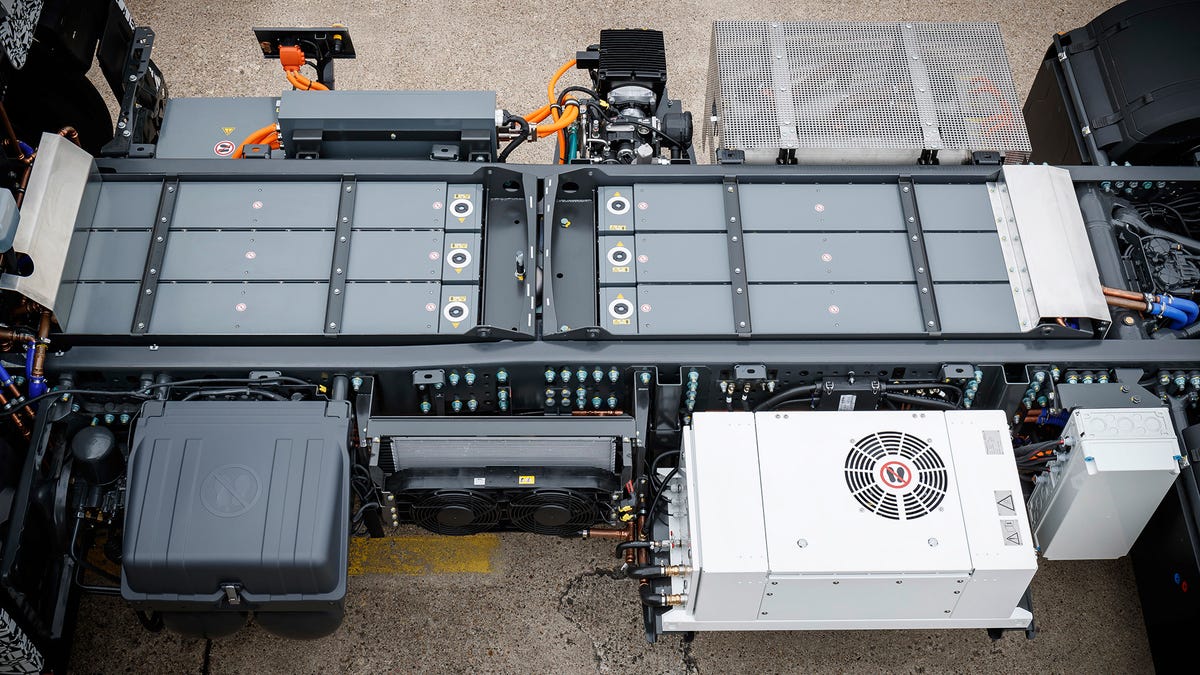The fungus among us: Researchers use fungi to harvest wasted batteries
Using specially developed fungi is far more environmentally friendly than the current method of reclaiming spent battery material.

Folks are usually content to throw batteries and other electronics in the trash when they stop working. Not only is that bad for the environment, metals that could still be useful are relegated to the trash heap, as well. Retrieving those metals is a tricky practice, but researchers are looking to make it easier using certain strains of fungus.
Currently, if you want to get lithium, cobalt and other metals out of used batteries, you have to use harsh chemicals at high temperatures. Researchers from the University of South Florida are working with three different strains of fungus -- Aspergillus niger, Penicillium simplicissimum and Penicillium chrysogenum, for all you biologists out there -- that harvest metals from spent batteries in an environmentally safe way.
The process is relatively straightforward. The batteries are taken apart, and the cathodes are pulverized. The remaining mushy mess is then handed over to the fungi, which generate organic acids that extract the remaining metal from the rest of the cathode material. Initial results are promising, with the acids extracting almost all the lithium and about half the cobalt from that cathode pulp.
The chemicals used for typical metal extraction processes are only half the issue. A good number of batteries and other electronics go to waste every year, ending up in landfills where they're often incinerated and sent into the atmosphere. It's an all-around bad situation, but if a simple, green solution can be found, it could go a long way in reducing that waste.
Of course, there's still a long way to go before these metals can be reused. Once the metals are extracted, they're suspended in liquid acid. USF's researchers are currently figuring out how to get the metals out of that acid. They'd better hustle, because as electric vehicles grow in ubiquity, we're going to have a lot of old batteries on our hands.

